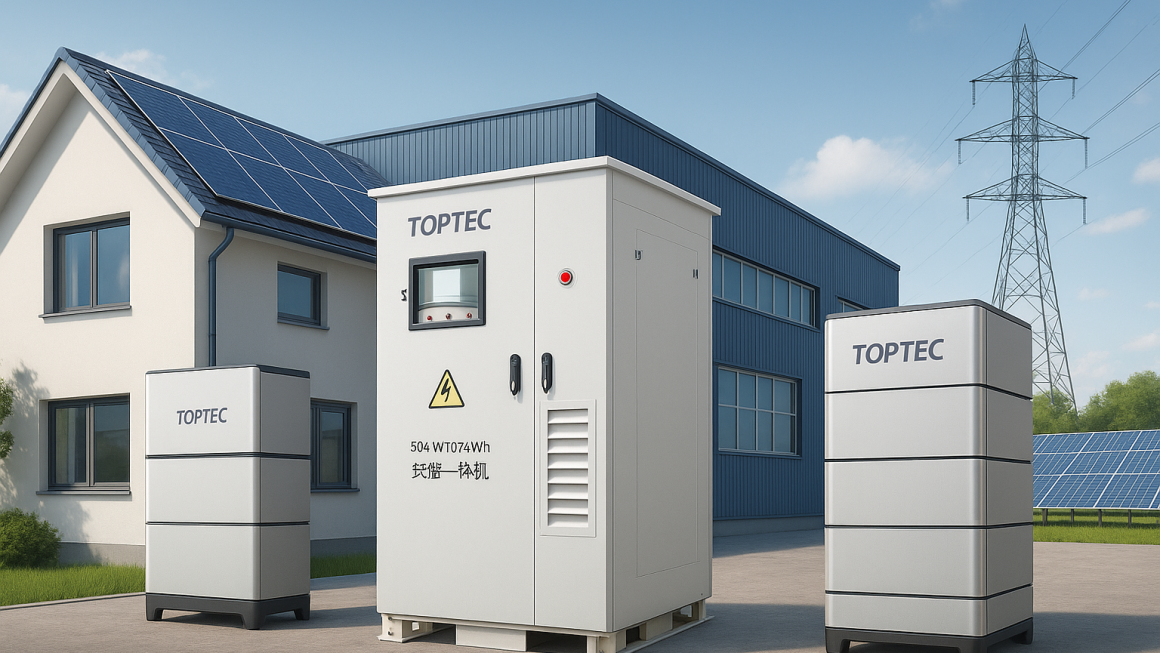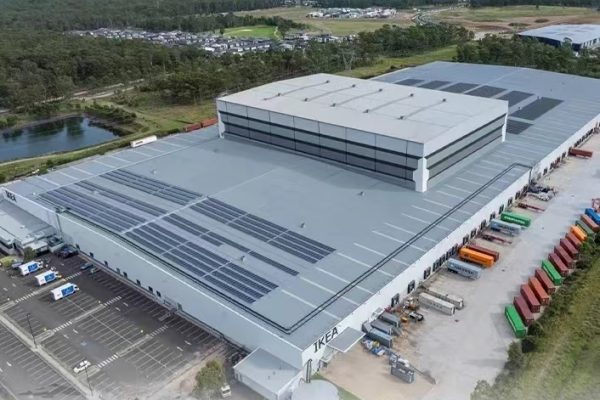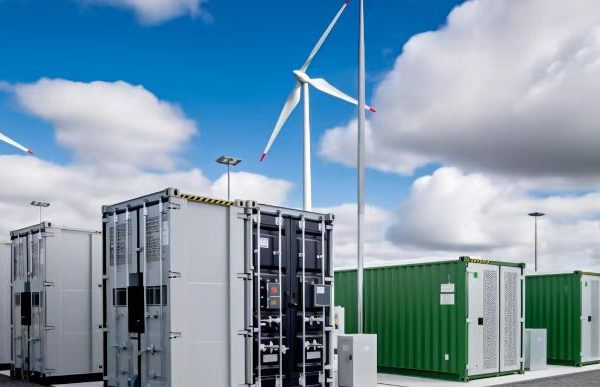The Rising Demand for Off-Grid Storage
As energy access challenges persist in remote areas worldwide, off-grid storage solutions have become essential for households, microgrids, and small commercial operations. These systems provide reliable, sustainable, and scalable energy independent of central grids. For exporters, understanding the competitive advantages of off-grid ESS is key to tailoring offers and demonstrating value to international buyers.
1. Energy Independence
- Definition: Off-grid systems enable users to operate independently of utility grids.
- Advantage: Buyers are protected from grid outages, rising electricity costs, and supply uncertainty.
- Exporter Tip: Highlight resilience and autonomy as primary selling points.
2. Customizable Capacity and Scalability
- Definition: Modular ESS allows system expansion based on current and future energy needs.
- Advantage: Buyers can start with smaller systems and scale up as demand or funding grows.
- Exporter Tip: Offer plug-and-play modular designs and clearly communicate scalability options.
3. Integration with Renewable Energy
- Definition: Off-grid storage solutions often pair with solar PV, wind, or hybrid generation.
- Advantage: Maximizes self-consumption, reduces dependency on diesel generators, and lowers operating costs.
- Exporter Tip: Emphasize renewable integration capabilities and potential cost savings.
4. Cost Efficiency and Total Cost of Ownership (TCO)
- Definition: Efficient off-grid systems reduce operational costs over time.
- Advantage: Long-life batteries and low-maintenance designs minimize replacement and service expenses.
- Exporter Tip: Present ROI and TCO calculations tailored to specific off-grid applications.
5. Reliability and Safety
- Definition: Off-grid ESS must operate reliably under extreme weather and remote conditions.
- Advantage: High-quality batteries with certifications (UL, CE, IEC) and UPS features enhance trust.
- Exporter Tip: Include certifications, warranties, and field-proven reliability in proposals.
6. Versatility Across Applications
- Residential: Home systems for lighting, appliances, and EV charging.
- Commercial: Small businesses, shops, and telecommunication stations.
- Community: Mini-grids powering schools, clinics, and communal facilities.
- Exporter Tip: Tailor quotations to specific use cases and highlight relevant advantages.
7. Environmental and Social Impact
- Advantage: Off-grid storage reduces fossil fuel reliance and emissions.
- Benefit to Buyers: Supports sustainability goals and improves community living standards.
- Exporter Tip: Include eco-benefit metrics to appeal to NGOs, development agencies, and socially conscious buyers.
8. Risk Mitigation and Support Services
- Exporter Advantage: Offering remote monitoring, maintenance support, and local training mitigates risks associated with remote deployments.
- Buyer Advantage: Reduces downtime, extends system life, and ensures optimal performance.
- Exporter Tip: Package service and support as part of competitive offers.
Positioning Off-Grid ESS for Success
Off-grid energy storage solutions offer independence, scalability, reliability, and environmental benefits that appeal to diverse buyer groups. Exporters who clearly articulate these competitive advantages in quotations and marketing materials can differentiate their products, build buyer trust, and secure long-term partnerships in emerging and remote markets.








